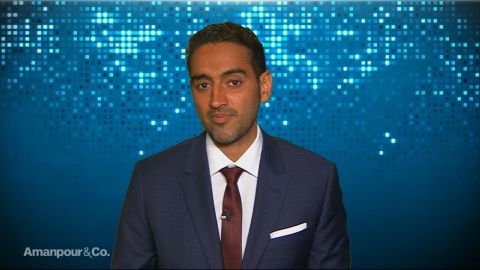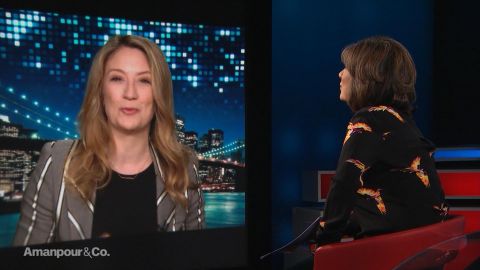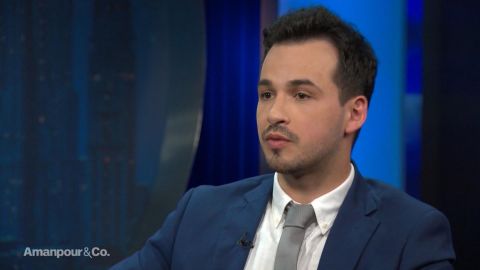Read Transcript EXPAND
CHRISTIANE AMANPOUR: I wonder whether you think the visceral nature of the anti-immigrant tone in so much of Australian politics has been moderated since Christchurch and whether you think that’s having an effect in the run-up to the current elections.
WALEED ALY, CO-HOST, “THE PROJECT”: Yes, I think there’s no doubt about that. I don’t know if international viewers will be familiar with the phrase, a tamper election, but it’s something that comes up quite a lot in Australia. It refers to an episode in 2001 to do with a boat load of asylum seekers who wanted to come to Australia that were picked up in a Norwegian ship called the Tampa and Australia refused to let them in, even sent forces on board the ship to repel them and there were 400 asylum seekers in that situation, and that became the Tampa incident.
And so, when we talk about Tampa politics or a Tampa election, we talk about that thing that pops up in Australian politics every now and again where a kind of xenophobic strain will occur as part of political campaigning and particularly anti-immigrant, anti-refugee, sorts of discourse, sovereign borders, all that sort of language.
And before Christchurch happened, there was very much a feeling in the commentariat bases on some things that had happened in Australian politics that we were gearing up for a Tampa election. And that hasn’t been the case and we haven’t had an election campaign that has veered into those waters. And I think ultimately, it’s because the intervention of that horrible event in Christchurch has meant the political leaders have probably thought more about their discourse in these sorts of areas.
But also, that I think the political calculations in that — in those areas, the idea that you could profit from prosecuting that kind of politics, I think those calculations changed in the aftermath. And so, we’ve seen a very different — that’s quite a dull election campaign but I would say, in some ways, a thankfully dull election campaign.
AMANPOUR: So, then, let me run through with some actual sound and vision about what you’re actually talking about. First, I want to play a soundbite from your prime minister, as you describe, before the Christchurch mosque massacres in which he was using the kind of language that you have been describing.
(BEGIN VIDEO CLIP)
SCOTT MORRISON, AUSTRALIAN PRIME MINISTER: It doesn’t provide for the usual arrangements which would enable us to reject someone coming on to Australia because they have a criminal history, they may be a pedophile, they may be a rapist, they may be a murderer. And this bill would mean that we would just have to take them.
(END VIDEO CLIP)
AMANPOUR: So, Waleed, that’s the kind of language that you’re talking about, that seems to have been moderated. And particularly, we can see a little bit of the veering towards moderating by the prime minister when you actually interviewed him right after the Christchurch massacre.
(BEGIN VIDEO CLIP)
ALY: Does Australia have an Islamaphobia problem?
MORRISON: I don’t know if Australians understand Islam very well and that can often lead to fear of things you don’t understand. So, by definition, that’s what it leads to. But that doesn’t always translate into extremism, just like any view doesn’t necessarily flow into extremism.
About This Episode EXPAND
Christiane Amanpour speaks with broadcaster Waleed Aly about his reaction to the Christchurch terrorist attack; and playwright Heidi Schreck about her play “What the Constitution Means to Me.” Alicia Menendez speaks with writer Ben Taub about his latest piece, “Guantánamo’s Darkest Secret.”
LEARN MORE


